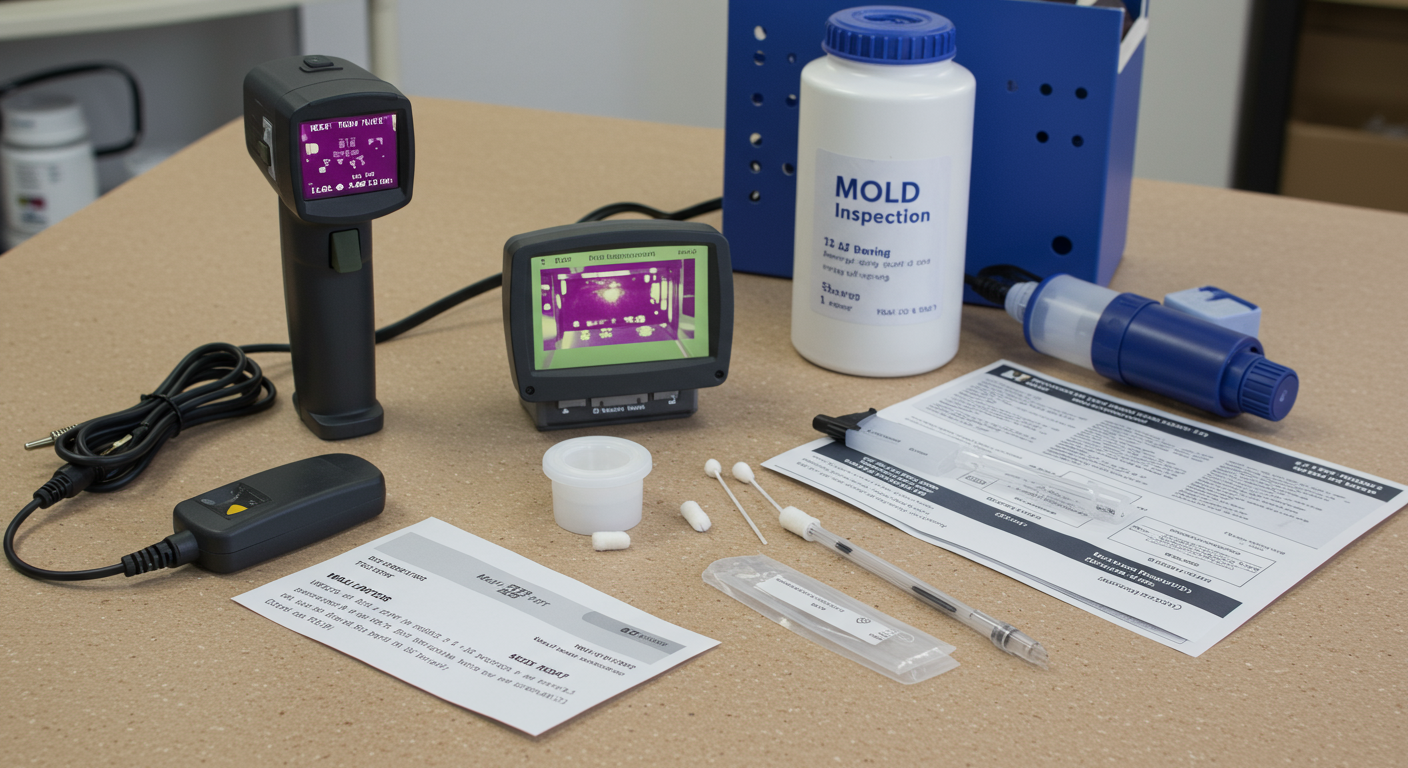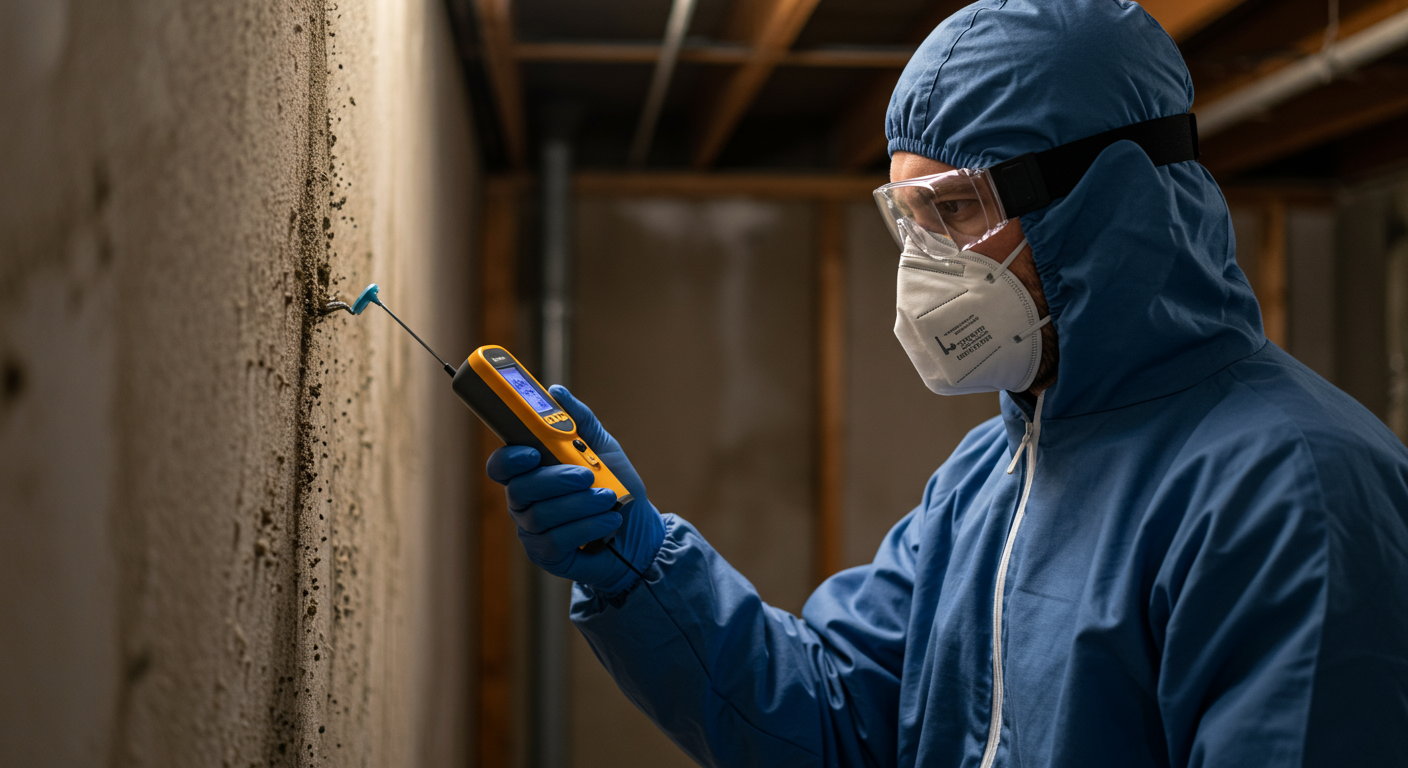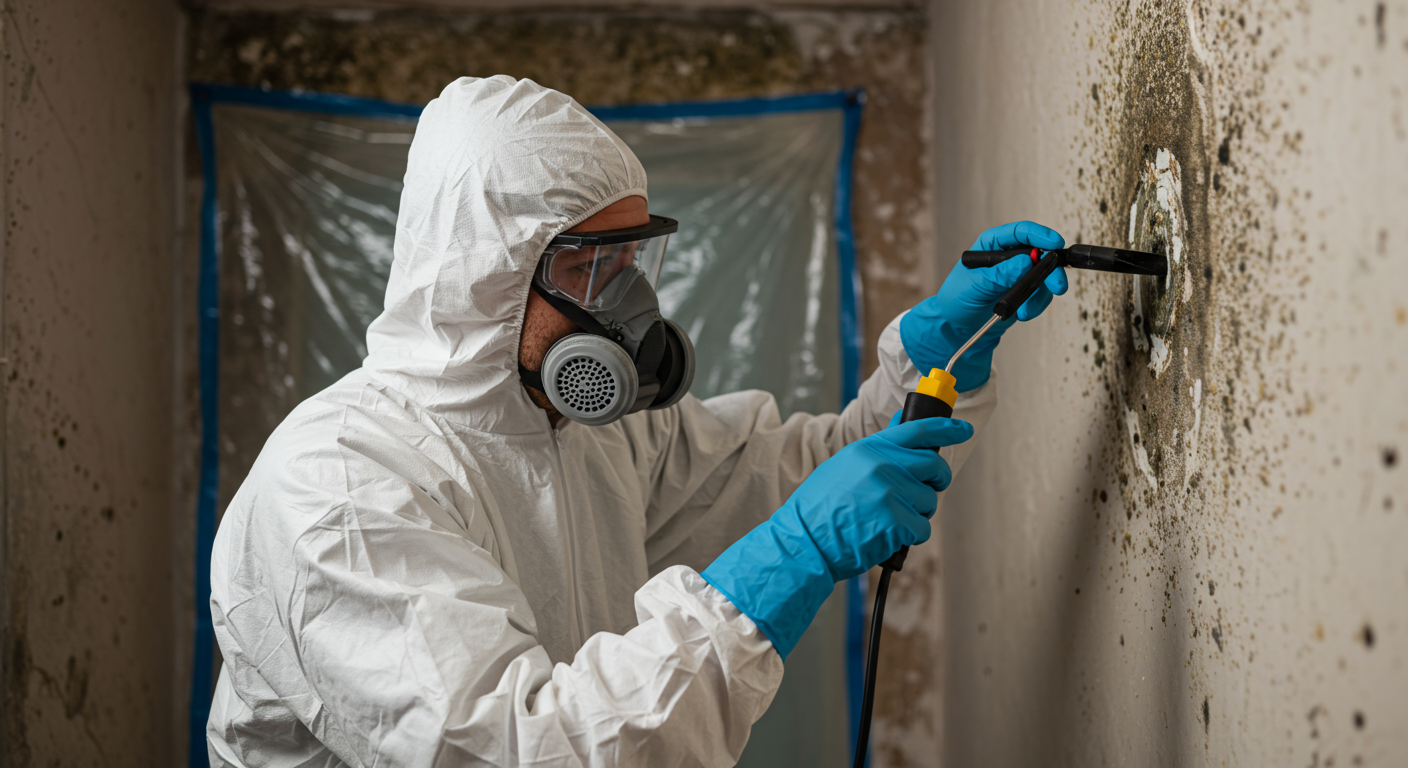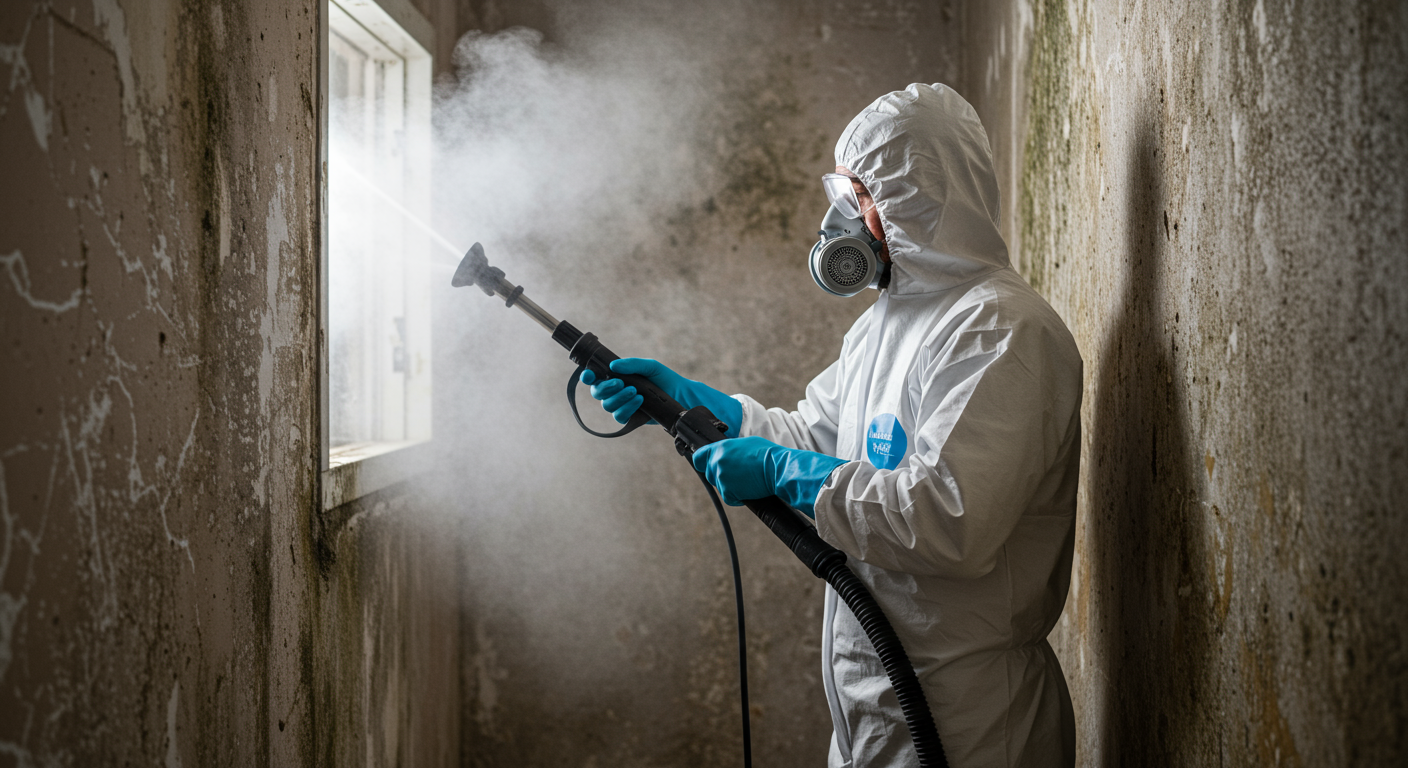Mold is a silent invader that can wreak havoc on your home and health if left unchecked. For residents of Sandy Springs, GA, where humidity levels can create the perfect environment for mold growth, regular mold inspections are essential. This guide will walk you through the importance of mold inspection, how to choose a reliable service, the inspection process, and tips to prevent mold growth in your home.
Why Mold Inspection is Essential in Sandy Springs, GA
Health Risks Associated with Mold Exposure
Mold exposure can lead to a variety of health issues, ranging from mild allergic reactions to severe respiratory problems. Common symptoms include sneezing, coughing, skin irritation, and even asthma attacks in sensitive individuals. Prolonged exposure to toxic molds, such as black mold, can result in more serious conditions, including chronic sinus infections and neurological issues. For families in Sandy Springs, ensuring a mold-free environment is crucial for maintaining good health.
Common Causes of Mold Growth in Sandy Springs
Sandy Springs’ humid climate provides the perfect breeding ground for mold. Common causes of mold growth include water leaks, poor ventilation, and high indoor humidity levels. Areas like basements, bathrooms, and kitchens are particularly vulnerable. Additionally, natural disasters like floods can exacerbate the problem, making regular inspections a necessity. Addressing these issues promptly can save homeowners from costly repairs and health complications.
How to Choose a Reliable Mold Inspection Service
Importance of Independent Testing
When selecting a mold inspection service, it’s vital to choose a company that offers independent testing. Independent inspectors focus solely on identifying mold problems without any vested interest in selling remediation services. This ensures unbiased results and accurate assessments of your home’s condition. Look for certifications from reputable organizations like the Indoor Air Quality Association (IAQA) or the American Council for Accredited Certification (ACAC).
Questions to Ask Your Mold Inspector
Before hiring a mold inspector, ask the following questions:
– Are you certified and licensed in mold inspection?
– What tools and techniques do you use for mold detection?
– Can you provide a detailed report with recommendations?
– Do you offer follow-up services to ensure the issue is resolved?
By asking these questions, you can gauge the inspector’s expertise and ensure you’re hiring a qualified professional.
The Mold Inspection Process Explained
Tools and Techniques Used in Mold Detection
Mold inspectors use a variety of tools and techniques to identify mold problems. These include infrared cameras to detect moisture, air sampling pumps to measure spore levels, and swab tests for surface analysis. Advanced equipment ensures a thorough inspection, even in hard-to-reach areas like crawl spaces and attics. Understanding these tools can help homeowners appreciate the complexity and importance of professional mold inspections.

Understanding Mold Testing and Reporting
Once the inspection is complete, the inspector will provide a detailed report outlining their findings. This report typically includes the type of mold detected, the severity of the infestation, and recommendations for remediation. Understanding the report is crucial for taking the next steps to address the problem effectively. Always ensure the report is clear and comprehensive to avoid any confusion.
Preventing Mold Growth in Your Home
Tips for Maintaining Optimal Indoor Air Quality
Maintaining good indoor air quality is key to preventing mold growth. Use dehumidifiers to keep humidity levels below 50%, especially during the summer months. Regularly clean and inspect HVAC systems to ensure proper ventilation. Additionally, using air purifiers with HEPA filters can help capture mold spores and other allergens, creating a healthier living environment.
Addressing Common Moisture Issues
Moisture is the primary culprit behind mold growth. Fixing leaks, sealing windows, and improving drainage around your home can significantly reduce the risk. Pay special attention to areas prone to water accumulation, such as basements and bathrooms. Regularly inspect these areas for signs of moisture and address issues promptly to prevent mold from taking hold.
For more tips on maintaining a mold-free home, check out our Ultimate Guide to Crawl Space Encapsulation in Sandy Springs, GA.
Conclusion
Mold inspection is not just a precautionary measure; it’s a vital step in protecting your home and health. For residents of Sandy Springs, GA, understanding the importance of mold inspections, choosing a reliable service, and taking preventive measures can make all the difference. By staying proactive, you can ensure a safer, healthier living environment for you and your family.
If you’re dealing with mold issues or want to learn more about remediation services, visit our Comprehensive Guide to Mold Removal in Atlanta, GA.


